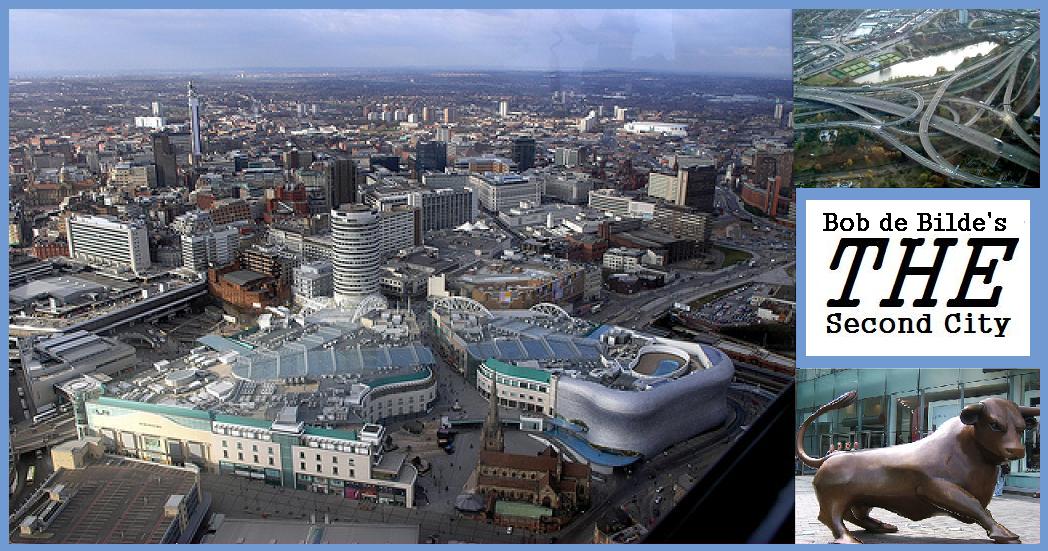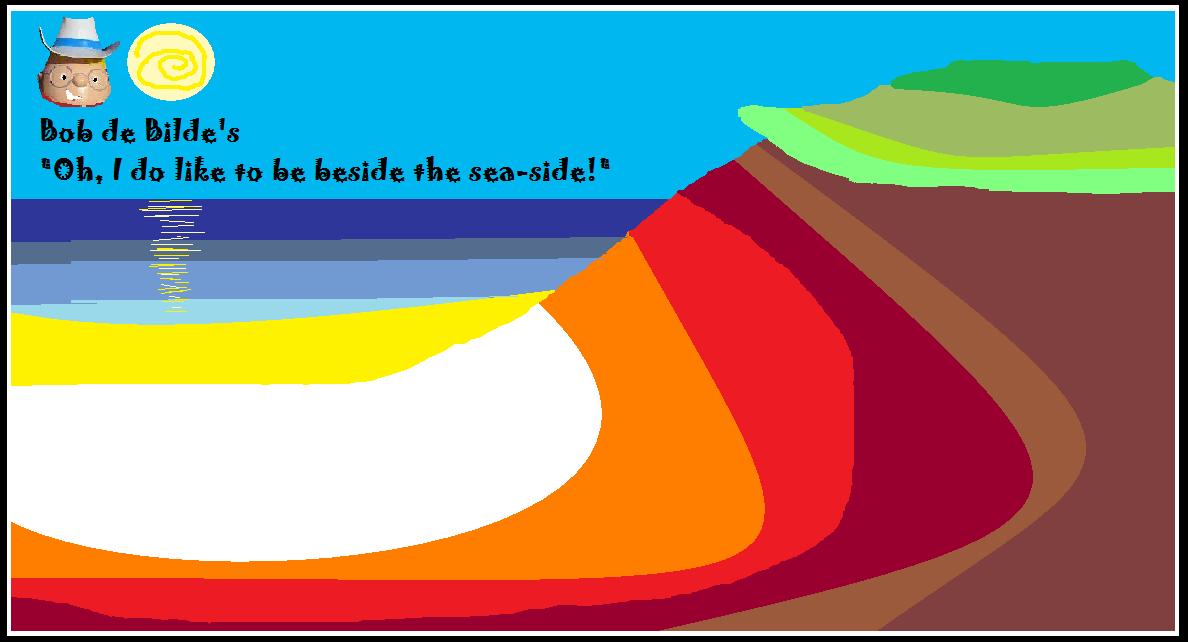 Islam in Europe
Islam in Europeunder1% 1%-3% (Italy, Slovenia) 3%-4% (Greece, Norway, Serbia, Spain) 4%-5% (Austria, UK) 5%-10% (Belgium, Denmark, France, Germany, Netherlands, Sweden, Switzerland) 10%-20% (Russia, Bulgaria, Montenegro, Cyprus) 20%-40% (Macedonia) 40%-60% (Bosnia and Herzegovina) 60%-80% (Albania) 80%-95% (Kosovo) over 95% (Turkey)
Eurabia was originally the title of a newsletter published by the Comité européen de coordination des associations d'amitié avec le monde Arabe. According to Bat Ye'or, it was published collaboratively with France-Pays Arabes (journal of the Association de solidarité franco-arabe or ASFA), Middle East International (London), and the Groupe d'Etudes sur le Moyen-Orient (Geneva). During the 1973 oil crisis, the European Economic Community (predecessor of the European Union), had entered into the Euro-Arab Dialogue (EAD) with the Arab League. Bat Ye'or later used the journal title Eurabia to describe the associated political developments.
In her book, Bat Ye'or states that Eurabia is the result of the French-led European policy originally intended to increase European power against the United States by aligning its interests with those of the Arab countries, and regards it as a primary cause of European hostility to Israel. Her definition of the term is:
Current use of the term differs from than that of Bat Ye'or, with more attention focused on Muslim immigration and demographics, and the difficulties of assimilating Europe's Islamic populations. Niall Ferguson wrote in the New York Times that the idea of Eurabia has
| “ | ...gained credibility since 9/11. The 3/11 bombings in Madrid confirm that terrorists sympathetic to Osama bin Laden continue to operate with comparative freedom in European cities. Some American commentators suspect Europeans of wanting to appease radical Islam. Others detect in sporadic manifestations of anti-Semitism a sinister conjunction of old fascism and new fundamentalism. | ” |
The term has been popularized by writers such Oriana Fallaci, Robert Spencer, Daniel Pipes, Ayaan Hirsi Ali, Melanie Phillips, Mark Steyn (and several web sites). Others, such as Bernard Lewis and Bruce Bawer have presented comparable scenarios.
Waleed Aly, in an article published in The Age (Melbourne), responding to Raphael Israeli's call for controls limiting Muslim immigration to Australia (lest a "critical mass" develop) observed that Raphael Israeli's comments are a cause for concern "because they are not as marginal as they are mad." Aly continues that Israeli's latest book "is an unoriginal appropriation of the 'Eurabia' conspiracy thesis of Jewish writer Bat Ye'or: that Europe is evolving into a post-Judeo-Christian civilisation increasingly subjugated to the jihadi ideology of Muslim migrants" and that the theory has received "enthusiastic support" from intellectuals in Europe and activists in the USA.
Libyan leader Muammar al-Gaddafi, in a speech that aired on Al-Jazeera TV on April 10, 2006, said:
- "We have 50 million Muslims in Europe. There are signs that Allah will grant Islam victory in Europe - without swords, without guns, without conquests. The 50 million Muslims of Europe will turn it into a Muslim continent within a few decades."
- "Allah mobilizes the Muslim nation of Turkey, and adds it to the European Union."
- "That's another 50 million Muslims. There will be 100 million Muslims in Europe. Albania, which is a Muslim country, has already entered the E.U."
- "Bosnia, which is a Muslim country, has already entered the E.U. Fifty percent of its citizens are Muslims."
- "Europe is in a predicament, and so is America. They should agree to become Islamic in the course of time, or else declare war on the Muslims."
However, not all supporters of the theory see 'Eurabia' as inevitable. Some advocate the prohibition of Islam and some advocate a direct confrontation. In an article entitled Confrontation, Not Appeasement, Ayaan Hirsi Ali demands a confrontational policy at the European level to meet the threat of radical Islam, and compares policies of non-confrontation to Neville Chamberlain's appeasement of Hitler. Specifically, she proposes: *careful monitoring of the demographic growth of the Muslim population in Europe;
- registration of all violent incidents against women, Jews and homosexuals, including the (religious) identity of the perpetrator;
- Europe must recognise the United States and Israel as allies in the struggle against radical Islam; development of alternative energy sources;
- reduction of dependence on oil;
- a European immigration policy that makes entry conditional on allegiance to the national constitution: Immigrants should sign a contract to obey the Constitution, and would be deported if they break it;
- ideological confrontation with the generation infected by radical Islam: all Muslims must explicitly renounce radical Islam, offer good education;
- close all Islamic schools; and prohibit the opening of new ones
During the conference "The collapse of Europe" at Pepperdine University, Ayaan Hirsi Ali asked for "reform, meaning, to reduce government, where government is unnecessary, and especially the welfare state."
According to Johann Hari, "Steyn's wider response to Islamism is to make democratic societies more like the one the Islamists want to build."
The Economist has described the concept of Eurabia as "scaremongering".
Scholar Matt Carr wrote in the July 2006 issue of Race & Class that
| “ | What began as an outlandish conspiracy theory has become a dangerous Islamophobic fantasy that has moved ever closer towards mainstream respectability. | ” |
Justin Vaisse, co-author of Integrating Islam Political and Religious Challenges in Contemporary France, says his book intends to debunk "four myths of the alarmist school." Using Muslims in France as an example, he writes:
- The Muslim population is not growing as fast as the scenario claims, since the fertility rate of immigrants declines
- Muslims are not a monolithic or cohesive group
- Muslims do seek to integrate politically and socially
- Despite their numbers, Muslims have little influence on foreign policy (e.g. policy toward Israel)
The "Eurabia" theory has been compared to historically antisemitic writing by British columnist Johann Hari. He calls the two "startlingly similar" and says that "there are intellectuals on the British right who are propagating a conspiracy theory about Muslims that teeters very close to being a 21st century Protocols of the Elders of Zion."














































No comments:
Post a Comment